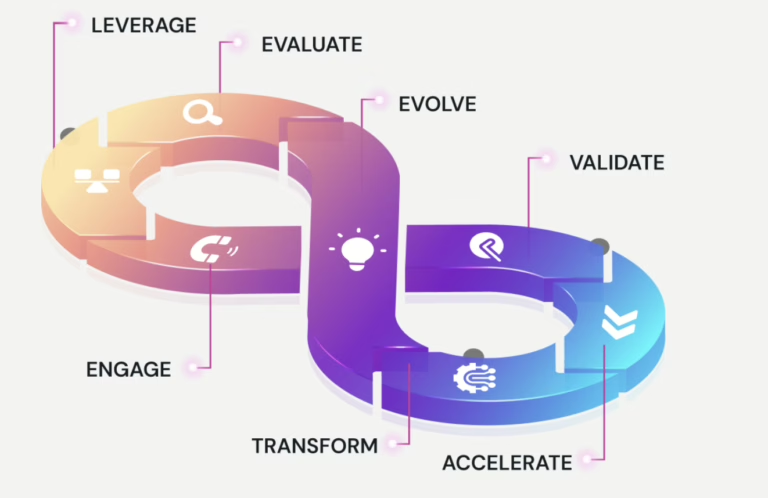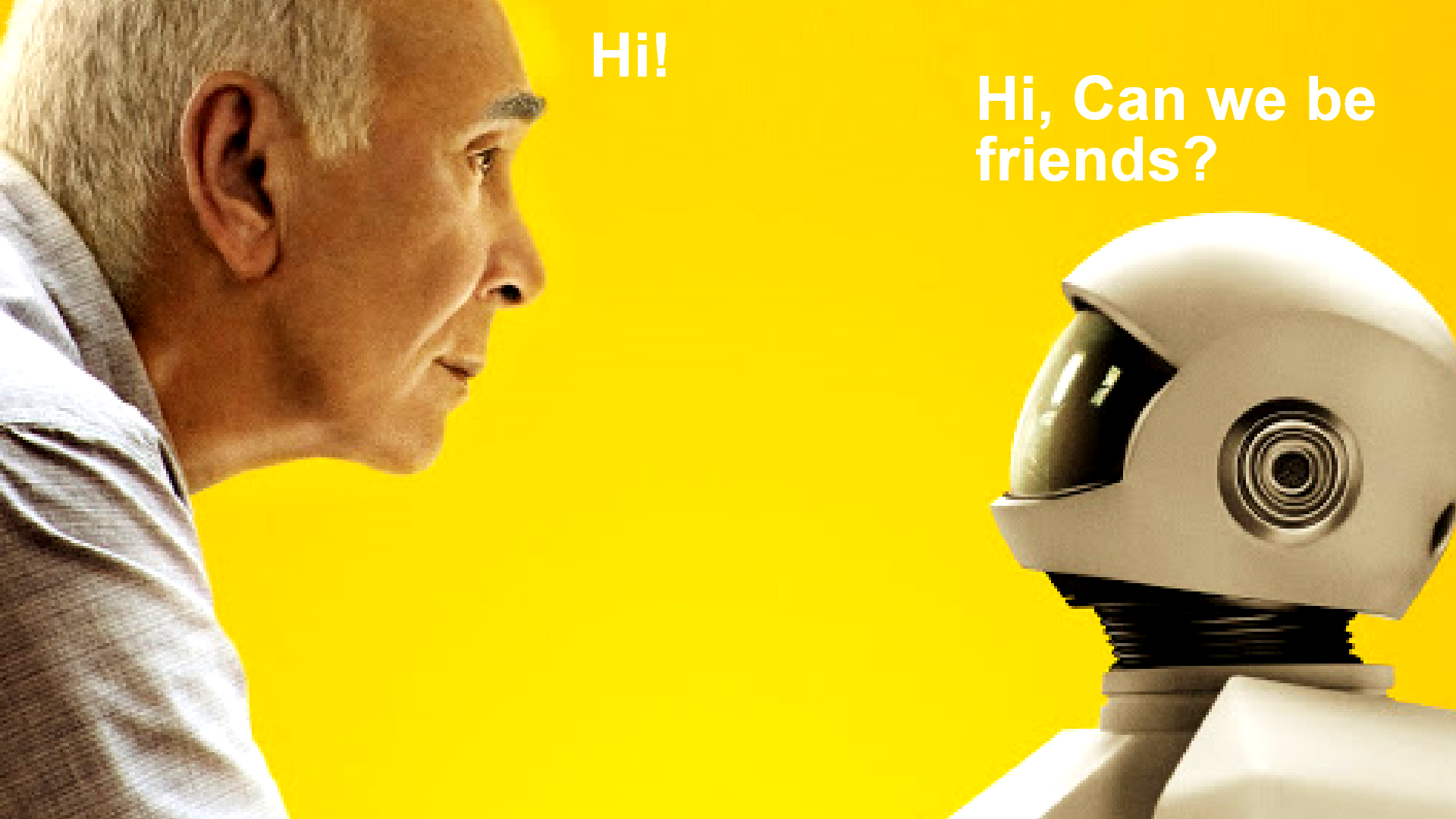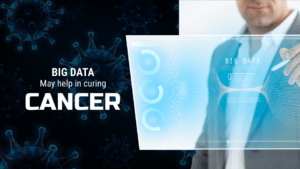World Population Prospects predicted that by 2050 1 in 6 people in the world will be over the age of 65. All the societies in the world are in the midst of this longevity revolution. Some of them are at their early stages and some have become advanced. But all will pass through this extraordinary transition, in which the chance of surviving to age 65 rises from less than 50 percent. Europe, Japan, and China’s economies are growing rapidly. The population of people 60 years of age and older will increase from 12 to 22 percent.
This aging demographic is increasing rapidly and will be affecting social, economic and health outcomes for the growing economies all over the world.
Considering the prevalence of chronic diseases like comorbidities, and polypharmacy requirements of elderly and geriatric patients the healthcare delivery pathways will be settled. Geriatric diseases such as atherosclerosis, osteoporosis, cardiovascular diseases, obesity, diabetes, dementia, and osteoarthritis require quick diagnosis and continuous supervision by a professional caretaker.
Considering the situation healthcare providers are starting to offload certain parts of care pathways to AI based on automation. AI is helpful in intelligent tracking of biometric information to early diagnosis of diseases, understanding the treatment pathways, and helping clinicians to take care of elderly people and treat them more efficiently.
Here are the ways in which AI is helping eldercare worldwide –
Health Tracker
There are several devices and sensors in the market which are helpful in tracking the factors related to health. They are heart rate, daily steps taken, and calories burnt. These smart wearable biometric trackers are available to a large community, including elderly and geriatric patients.
These devices with built-in AI-powered functionality can be used to check inconsistencies in their biometric data, as well as to detect significant falls or rise and give an indication.
These devices ensure personal care through sensors and are customizable on the basis of health data.
Health Supervisor
For elderly people continuous supervision is crucial. For remote patient monitoring, the development of biometric remote monitoring solutions with device-level AI has become essential. AI is useful in real-time monitoring of changes in activity and behavior patterns for the early detection of health issues.
Voice-based virtual assistants such as Amazon Echo, Orbit Health, and Briocare are using AI. They enable medication adherence and care coordination for elderly people. Taking the example of Briocare, they have optimized voice-based virtual assistants as caregivers for elderly people.
The lack of skilled caregivers has given rise to the development of virtual assistants. They are mobile applications that are compatible with apple or google devices such as Alexa. These applications provide medication reminders, social connectivity with the world, health-specific and lifestyle tips and give a report of their daily activities. These applications help them with voice-controlled remote monitoring of their houses.
Chatbots
Chatbots are gaining popularity but they remain relatively new and still under development.
They deliver authentic information approved by healthcare professionals. These chatbots help in booking appointments if the elderly person has serious health problems. Chatbots are also helpful in relieving stress by answering certain health-related questions. They create strong engagement.
Virtual Companions
Some companies are developing conversational robots that cannot only provide tailored conversations to the people but also can accumulate data about the treatment which is not available easily. These robots engage older adults. They keep them active by connecting them to their families and the outer world. As companions, they revive elderly people from depression and diseases. They remind them of medications, talk to them, and lead them to light physical activities and cognitive games. The robots are designed using a rear projection design. This approach makes the robot detect speech and respond with appropriate facial expressions to individuals.
Social Connectors
AI-based devices allow seniors to connect socially with like-minded people. They increase social connectivity through several online platforms. These devices update them with notifications regarding events and get-togethers organized near them so that they can interact with people. This helps them fight depression and diseases.
Conclusion
AI has become a useful tool for healthcare professionals. It has revolutionized the senior care industry. More and more people are using these AI-enabled devices such as health trackers, voice assistants, and recognition devices. The number of voice-enabled technologies is increasing at a rapid rate and more sophisticated people give preferences to such tools. Voice assistants are becoming very beneficial for many older people in their day-to-day lives. They can easily get medication reminders, social connectivity, lifestyle, and medical information.
The power of AI for healthcare and eldercare lies in the combinations of applications and in the future we can see all these applications in a single interface. Empathy-based AI applications will support elder care along with their clinical treatment. The business case for AI could be very powerful indeed. Its impact on health outcomes will be transformative.
For more detail Download the Case Study







